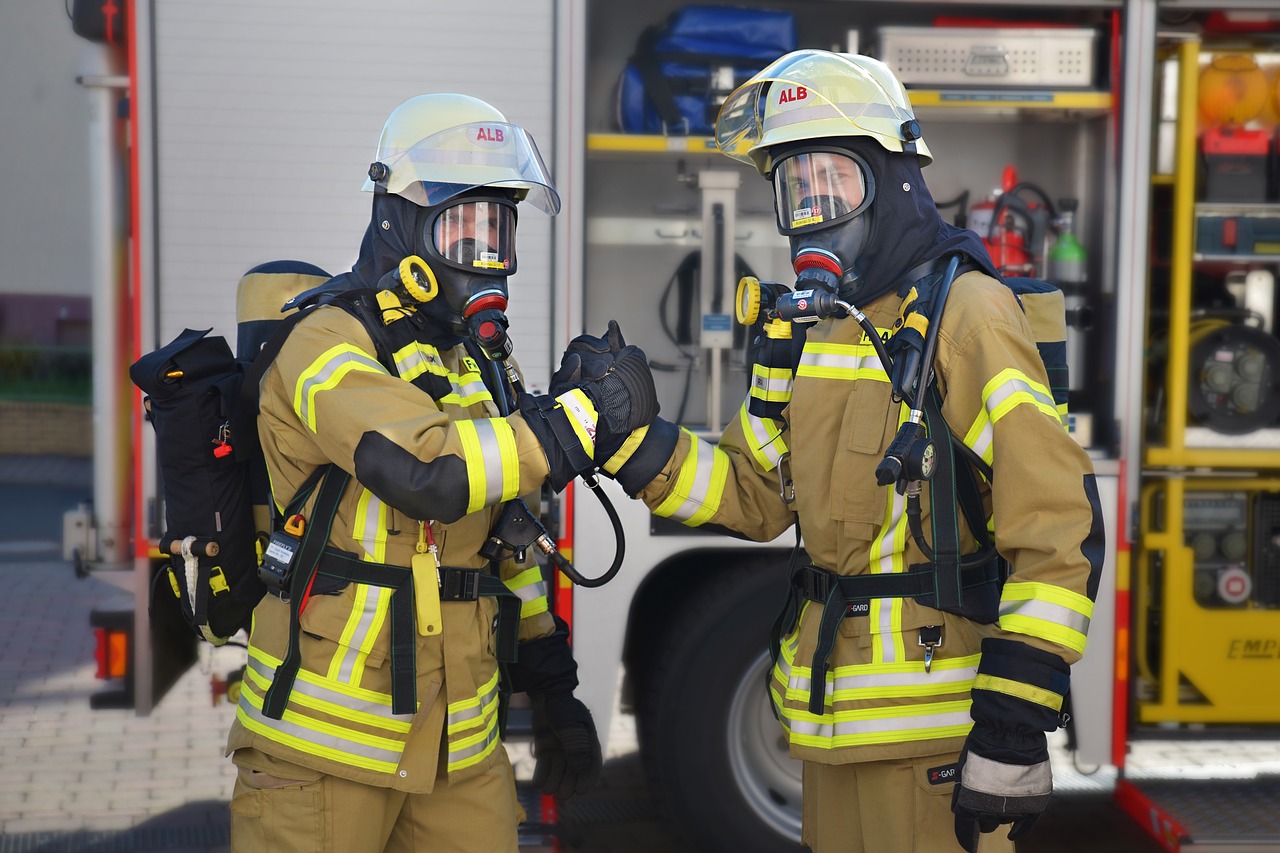Training is the cornerstone of success for any volunteer fire department looking to enhance their capabilities and overall improvement. Regularly scheduled training programs not only help members stay knowledgeable and skilled in firefighting techniques, but also promote teamwork, communication, and efficiency within the department. In this blog post, we will explore the ways in which consistent training can elevate the performance and effectiveness of volunteer fire departments, ultimately making a significant impact on the communities they serve.
The Role of Training in Volunteer Fire Departments
Enhancing Skills and Knowledge
Role-based training programs play a crucial role in volunteer fire departments by enhancing the skills and knowledge of firefighters. These programs cover a wide range of topics, including fire suppression techniques, search and rescue operations, and emergency medical procedures. By regularly engaging in training sessions, volunteers can stay updated on the latest industry best practices and improve their proficiency in various firefighting tasks.
Improving Response Times and Efficiency
Role-based training in volunteer fire departments also contributes to improving response times and overall operational efficiency. Through scenario-based drills and simulations, firefighters can hone their decision-making skills and enhance their ability to work cohesively as a team during emergencies. This level of preparedness not only reduces the time it takes to respond to incidents but also ensures that resources are utilized effectively and efficiently.
Another key aspect of improving response times and efficiency is the integration of technology into training programs. By incorporating tools such as simulation software, virtual reality training modules, and communication systems, volunteer fire departments can simulate real-life scenarios and improve the effectiveness of their emergency response strategies.
Designing Effective Training Programs for Volunteer Firefighters
Identifying Key Competencies and Objectives
One of the crucial steps in designing effective training programs for volunteer firefighters is identifying the key competencies and objectives that need to be addressed. This involves understanding the specific skills and knowledge required for the role, as well as the goals the department aims to achieve through training. By clearly outlining these competencies and objectives, training programs can be tailored to meet the unique needs of the volunteer firefighters.
Incorporating Practical and Theoretical Training Methods
With training programs for volunteer firefighters, it is necessary to incorporate both practical and theoretical training methods. Practical training allows firefighters to apply their skills in real-life scenarios, enhancing their ability to respond effectively during emergencies. On the other hand, theoretical training provides a sound understanding of firefighting principles and procedures, which is crucial for making informed decisions on the field.
This combination of practical and theoretical training methods ensures that volunteer firefighters are equipped with the necessary skills, knowledge, and confidence to handle a wide range of emergency situations effectively. By incorporating a variety of training methods, departments can offer well-rounded and comprehensive programs that cater to the diverse needs of their volunteer firefighters.
Implementing Training Programs
Scheduling and Resource Allocation
Resource allocation is crucial when implementing training programs for volunteer fire departments. Volunteers have busy schedules, so it’s crucial to create a clear and easy-to-follow training schedule that accommodates their availability. Moreover, allocating resources such as training materials, equipment, and instructors efficiently can optimize the effectiveness of the program.
Tracking Progress and Adapting Programs
Tracking the progress of volunteer firefighters in their training is vital for assessing the effectiveness of the programs. By regularly monitoring the performance of the volunteers and gathering feedback, fire departments can identify areas where improvement is needed and make necessary adjustments to the training programs. Adapting the programs based on feedback and progress ensures that volunteers are receiving the training they need to enhance their skills and better serve their communities.
Progress can be tracked through various methods including written exams, practical evaluations, and simulations. By analyzing the results of these assessments, fire departments can identify strengths and weaknesses in their training programs. This data-driven approach allows for targeted improvements to be made, ultimately enhancing the overall effectiveness of the volunteer fire department.
The Impact of Regular Training
Case Studies of Successful Volunteer Fire Departments
Your Volunteer Fire Department can greatly benefit from regular training programs. Here are some case studies showcasing the success of Volunteer Fire Departments that prioritize consistent training:
- Fire Department A: Implemented bi-weekly training sessions, resulting in a 20% decrease in response times.
- Fire Department B: Conducted monthly drills, leading to a 15% increase in efficiency during emergency operations.
- Fire Department C: Introduced scenario-based training exercises, which improved communication skills among team members by 25%.
Quantitative and Qualitative Improvements Observed
Any Volunteer Fire Department that regularly invests in training programs witnesses significant improvements in both quantitative and qualitative aspects. Enhanced training leads to reduced response times during emergencies, increased operational efficiency, improved communication among team members, and higher overall performance levels.
Plus, regular training fosters a culture of continuous improvement within the Volunteer Fire Department, where members are constantly honing their skills and staying updated on the latest techniques and technologies in firefighting and emergency response.
Summing up
From above, it is evident that regular training programs play a crucial role in enhancing the improvement of volunteer fire departments. These programs ensure that volunteers stay up-to-date with the latest firefighting techniques and safety procedures, resulting in a more efficient and skilled firefighting team. By investing in ongoing training, volunteer fire departments can better serve their communities and respond effectively to emergencies. Ultimately, regular training programs are imperative for maintaining a high level of readiness and professionalism within volunteer fire departments.


